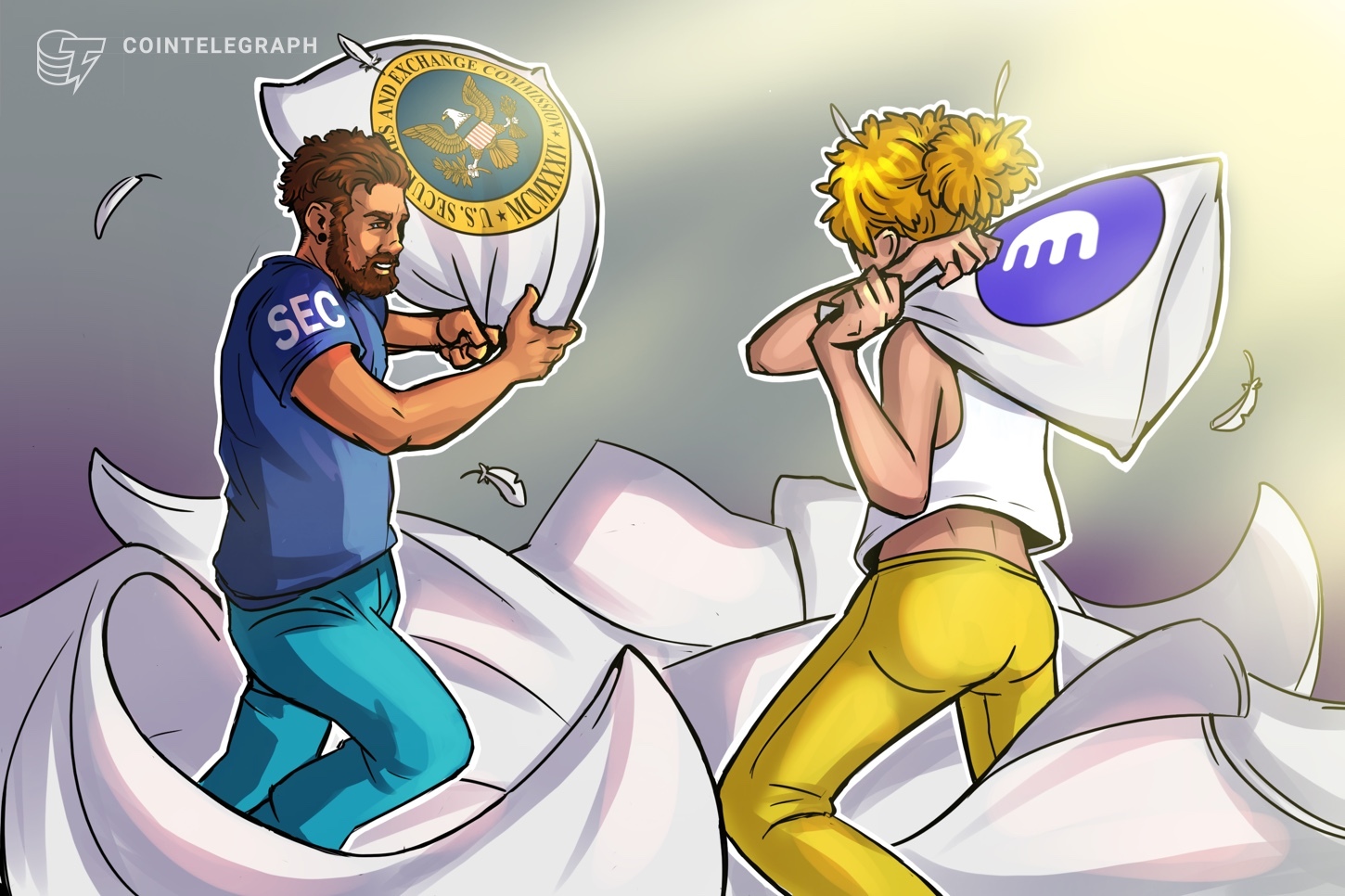In a year of crypto upheavals, the United States Securities and Exchange Commission’s settlement with crypto exchange Kraken, announced on Feb. 9, set

In a year of crypto upheavals, the United States Securities and Exchange Commission’s settlement with crypto exchange Kraken, announced on Feb. 9, set off yet another tremor. Agency chief Gary Gensler took to mainstream media last week to explain the agency’s action, which seemed to be an attack on crypto staking — part of the validation mechanism used by a number of blockchain platforms, including Ethereum, the world’s second-largest network.
The immediate issue, in the agency’s view, was that Kraken had been selling unregistered investment products. Indeed, it was advertising big returns on staking crypto — up to 21%, Gensler told CNBC.com.
“The problem was they were not disclosing to the investing public the risks that the investing public were entering into,” Gensler said. Moreover, the SEC’s action, which required Kraken to shell out $30 million and shut down its staking operation, could have been easily avoided, he seemed to imply:
“Kraken knew how to register, others know how to register. It’s just a form on our website. They can come in, talk to our talented people on disclosure review teams. And if they want to offer staking, we’re neutral. Come in and register, because investors need that disclosure.”
Not all in the crypto industry were totally satisfied with this response, however. “I find the SEC’s ‘all crypto projects have to do is come in and register’ line unbelievably insulting,” tweeted Morrison Cohen LLP attorney Jason Gottlieb. “There is simply no path to registration for many crypto products.”
I find the SEC’s “all crypto projects have to do is come in and register” line unbelievably insulting.
It assumes there’s this vast quantity of sophisticated securities lawyers advising clients, “nah man, screw the SEC, yolo baby, do whatever you want.” 1/6
— Jason Gottlieb (@ohaiom) February 11, 2023
“The registration of staking program securities is not as simple as filing a form on the SEC’s website,” Michael Selig, an attorney with Willkie Farr & Gallagher LLP, told Cointelegraph. “Public offerings of securities are heavily regulated and expensive to conduct.”
Others view the agency’s decision to charge Kraken as the first salvo in a general assault on crypto by U.S. regulators. “If approved by a court, the settlement marks a potential turning point for cryptocurrency regulation and the SEC’s broader efforts to bring the industry under its jurisdiction,” reported CNN. “The move could lead to a wider clampdown,” speculated The New York Times, including possibly banning staking for retail U.S. investors.
But maybe the industry was over-reacting. That is, staking as practiced by Ethereum and other blockchains as a way to reward network validators may not be on the SEC’s radar screen at all. The agency could be motivated by consumer protection concerns primarily and, in this instance, it wanted to make an example of Kraken, especially in light of FTX’s November collapse and the bankruptcy of assorted crypto lending firms.
“Yes, I am sure they [the SEC] wanted to make an example of Kraken, especially because it promoted the opportunity to make returns of up to 21%,” Carol Goforth, university professor and Clayton N. Little professor of law at the University of Arkansas, told Cointelegraph.
Recent: Binance banking problems highlight a divide between crypto firms and banks
“Kraken set the returns for amounts staked, not the underlying blockchain protocols. […] Honestly, the way that Kraken operated its program looks like an investment contract under Howey,” she said. The SEC uses the Howey Test to determine whether a transaction qualifies as an investment contract, which then requires SEC registration.
Bill Hughes, senior counsel and director of global regulatory matters at ConsenSys, told Cointelegraph, “It’s a one-off action that is intended to not just resolve Kraken’s offering but, importantly, to send signals across the space about what features of staking-as-a-service the SEC believes are problematic.” If another staking service fails to pay attention to these signals, they too can expect the SEC to take action, said Hughes, adding:
“I think the SEC hopes the market gets the message and adjusts accordingly — as they’d probably prefer to move on to other issues.”
“The U.S. Kraken case is primarily about sanctioning its [Kraken’s] blatant and non-transparent behavior vis-à-vis their retail customers, and not for just offering a staking-as-a-service per se,” Markus Hammer, an attorney and principal at the Switzerland-based Hammer Execution consulting firm, told Cointelegraph.
Is Ethereum at risk?
The market didn’t necessarily see this as a one-off action on the part of the agency, however. Ether (ETH) plummeted around 6.5% on the day of the settlement announcement, its largest one-day decline since mid-December. As widely reported, Ethereum moved last year from a proof-of-work to a proof-of-stake…
cointelegraph.com
